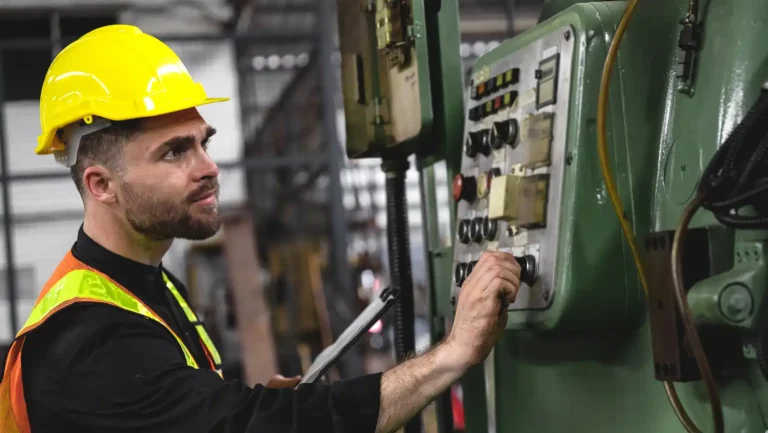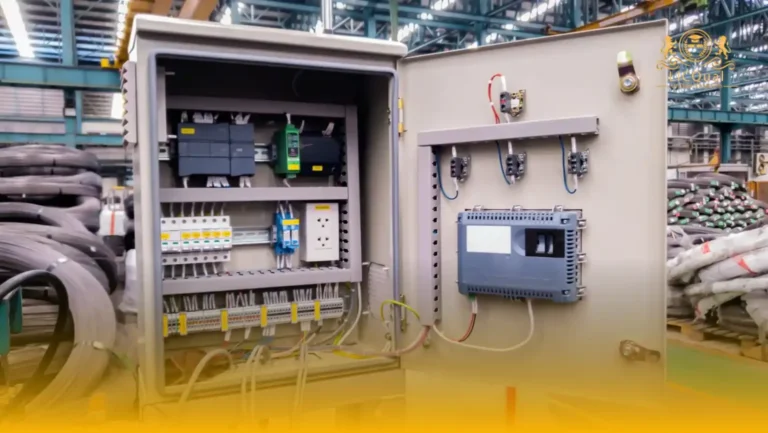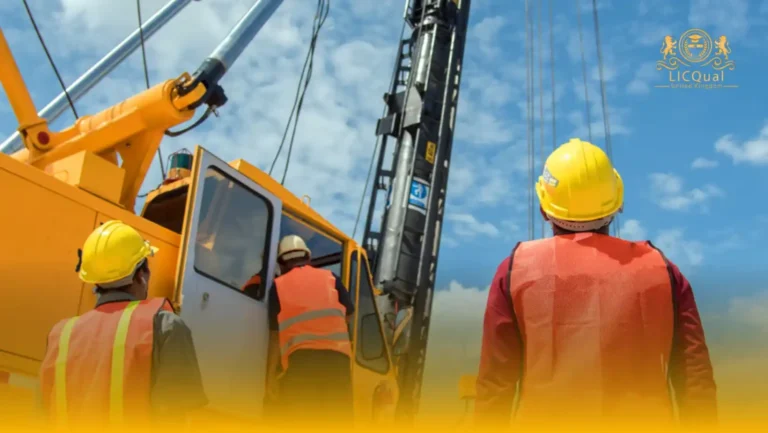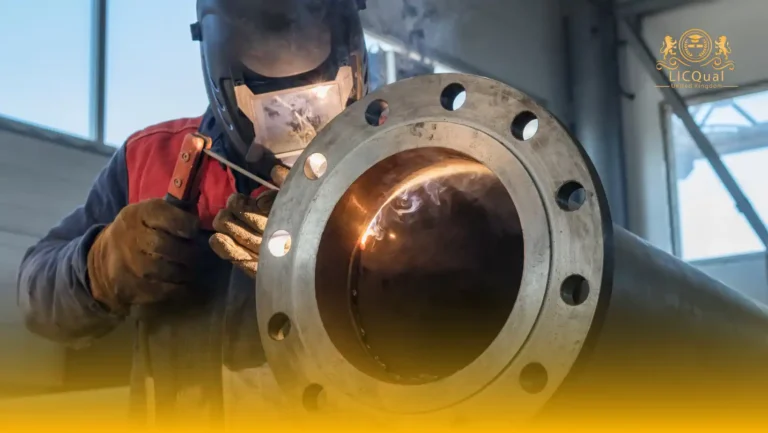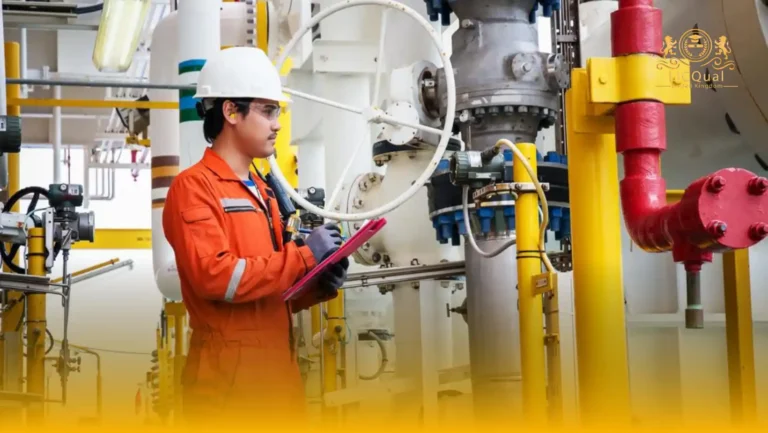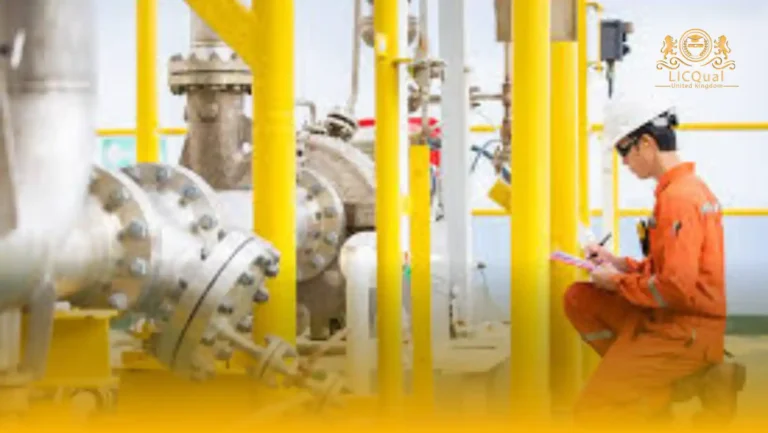The LICQual Level 3 Diploma in QA/QC Piping and Welding Inspector is a globally recognized qualification designed to prepare learners for professional roles in quality assurance, quality control, and welding inspection within the piping industry. This comprehensive diploma program combines theoretical knowledge with practical inspection skills, aligning with international standards such as ASME, API, AWS, and ISO.
Ideal for individuals seeking careers in oil & gas, petrochemicals, construction, and power generation sectors, this course covers essential topics including piping systems, welding processes, inspection techniques, non-destructive testing (NDT), visual inspection, codes and standards, and QA/QC documentation. Learners will gain a solid understanding of how to identify welding defects, interpret piping drawings, evaluate fabrication quality, and maintain compliance with global engineering standards.
The program is tailored for entry-level technicians, welders, fabricators, and engineering diploma holders who aim to transition into QA/QC inspector roles. It is also beneficial for professionals already working in construction and mechanical fields who seek formal certification to advance their careers.
Graduates of this diploma are qualified to take on roles such as QA/QC Inspector, Welding Inspector, or Piping Inspector and contribute to quality-driven project execution in industrial environments.
Course Overview
Qualification Title
LICQual Level 3 Diploma in QA/QC Piping and Welding Inspector
Total Units
6
Total Credits
60
GLH
240
Qualification #
LICQ2200553
Qualification Specification
To enroll in the LICQual Level 3 Diploma in QA/QC Piping Inspector applicants must meet the following criteria:
|
Qualification# |
Unit Title |
Credits |
GLH |
|---|---|---|---|
|
LICQ2200553-1 |
Principles of Quality Assurance and Quality Control |
10 |
40 |
|
LICQ2200553-2 |
Piping Materials, Components, and Fabrication Techniques |
10 |
40 |
|
LICQ2200553-3 |
Welding Fundamentals and Procedures |
10 |
40 |
|
LICQ2200553-4 |
Visual Inspection of Welds and Surface Defects |
10 |
40 |
|
LICQ2200553-5 |
International Codes, Standards, and Specifications |
10 |
40 |
|
LICQ2200553-6 |
QA/QC Documentation and Reporting Practices |
10 |
20 |
By the end of this course, applicants will be able to:
1: Principles of Quality Assurance and Quality Control
- Understand the fundamental concepts of QA and QC in engineering.
- Identify the roles and responsibilities of a QA/QC Inspector.
- Explain the importance of quality systems, including ISO 9001.
- Demonstrate knowledge of ethical practices and reporting in QA/QC.
2: Piping Materials, Components, and Fabrication Techniques
- Recognize different types of piping materials and their applications.
- Identify common piping components such as valves, flanges, and gaskets.
- Understand basic fabrication processes including cutting, welding, and assembly.
- Interpret piping drawings and spool fabrication diagrams.
3: Welding Fundamentals and Procedures
- Describe various welding processes such as SMAW, GTAW, and GMAW.
- Read and understand welding symbols, joint types, and positions.
- Explain the purpose and structure of WPS and PQR documents.
- Identify welding consumables and match them to appropriate procedures.
4: Visual Inspection of Welds and Surface Defects
- Perform basic visual inspection tasks on welds and surfaces.
- Identify common welding defects such as cracks, porosity, and undercut.
- Use basic inspection tools and equipment effectively.
- Apply visual inspection acceptance criteria based on standards.
5: International Codes, Standards, and Specifications
- Identify and understand key industry codes such as ASME, AWS, API, and ISO.
- Explain the role of standards in ensuring compliance and safety.
- Apply basic code requirements during inspection and fabrication.
- Understand how to reference and interpret technical standards.
6: QA/QC Documentation and Reporting Practices
- Complete standard QA/QC documents and inspection reports.
- Understand the use and structure of ITPs, MTCs, and WPS records.
- Demonstrate the ability to track and document welding and inspection activities.
- Communicate findings effectively with engineering and site teams.
The LICQual Level 3 Diploma in QA/QC Piping and Welding Inspector is designed for individuals who are interested in pursuing or advancing a career in quality assurance, quality control, and inspection within the piping and welding sectors. This course is suitable for:
- Aspiring QA/QC Inspectors: Individuals seeking to begin their careers in the oil and gas, construction, mechanical, or fabrication industries in QA/QC inspection roles.
- Engineering Graduates and Diploma Holders: Fresh graduates or diploma holders in Mechanical, Civil, Petroleum, or Industrial Engineering who want to gain specialized, job-oriented training aligned with international standards.
- Technicians and Tradespeople: Welders, pipefitters, fabricators, and NDT technicians aiming to move into supervisory or inspection positions within their field.
- Professionals Seeking Career Advancement or Change: Technically skilled professionals from other fields who wish to transition into quality control and assurance roles in engineering and industrial projects.
- International Job Seekers: Individuals who are preparing to work abroad and need a qualification that meets global QA/QC and piping inspection requirements.
This qualification provides learners with the knowledge, skills, and credentials required to perform inspection duties, apply relevant codes and standards, and ensure quality across various engineering processes and projects.
Assessment and Verification
All units within this qualification are subject to internal assessment by the approved centre and external verification by LICQual. The qualification follows a criterion-referenced assessment approach, ensuring that learners meet all specified learning outcomes.
To achieve a ‘Pass’ in any unit, learners must provide valid, sufficient, and authentic evidence demonstrating their attainment of all learning outcomes and compliance with the prescribed assessment criteria. The Assessor is responsible for evaluating the evidence and determining whether the learner has successfully met the required standards.
Assessors must maintain a clear and comprehensive audit trail, documenting the basis for their assessment decisions to ensure transparency, consistency, and compliance with quality assurance requirements.


